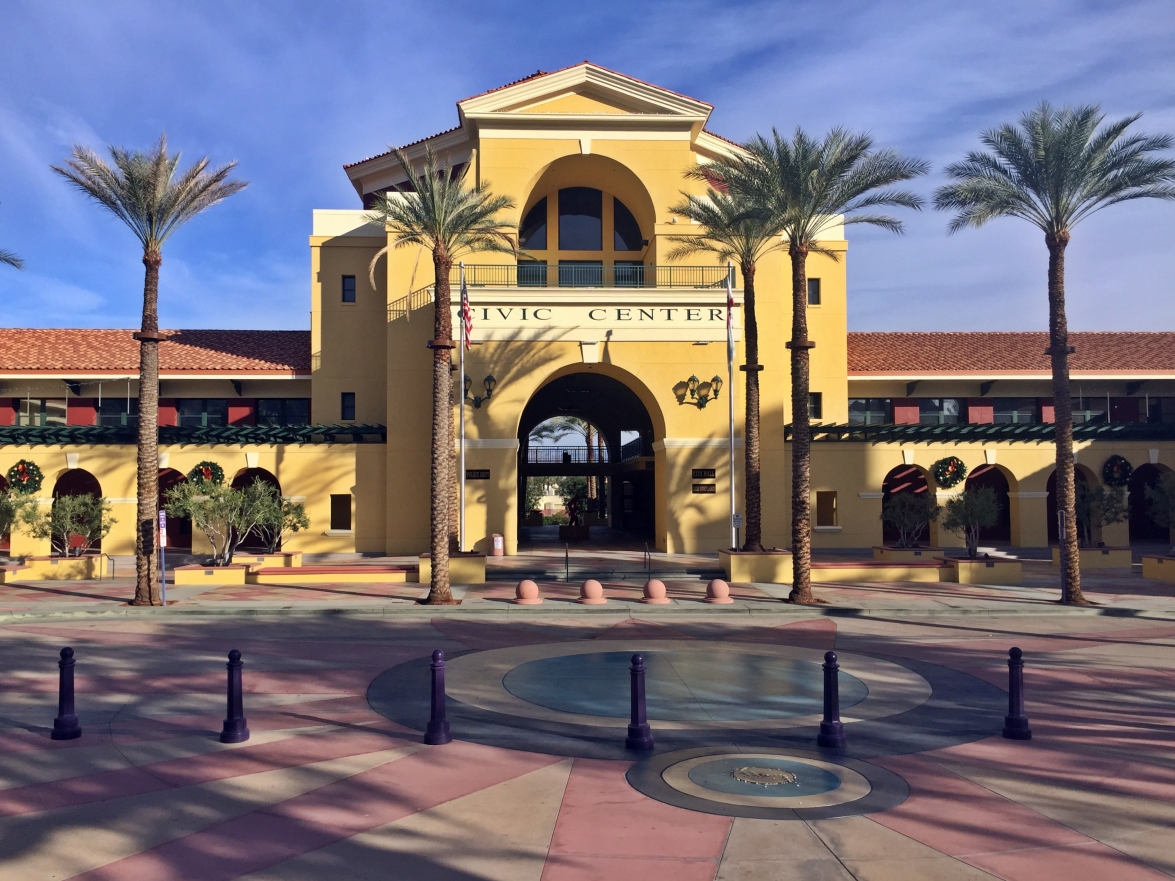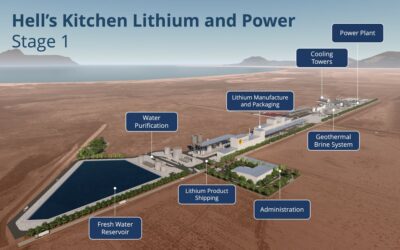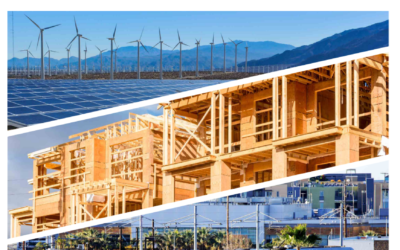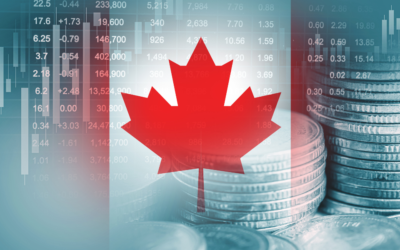Cathedral City has become the third GPS city this summer to seek a sales tax increase at the ballot box in November.
Cathedral City residents will soon have the opportunity to vote on a proposed half-percent increase to the city’s sales tax because the city’s city council unanimously approved placing the measure on the November ballot during their July 24 meeting. If the measure passes by 50% plus one of the votes cast, it is projected to generate $5 million annually for “essential city services,” according to a staff report.
Background and Purpose
The proposed sales tax increase aims to address several critical funding needs identified by city staff and a committee of residents. Cathedral City has faced significant financial challenges, including a loss of $30 million in state funding over the past five years. At the city council meeting, Mayor Mark Carnevale emphasized the necessity of additional revenue, stating, “Cathedral City has done so much with so little for a long time. Starting now with $5 million, this is going to grow. We are on the right track, and this council here is very good stewards of taxpayers’ money.”
If passed, the measure would bring Cathedral City’s sales tax rate to 9.25%, matching the highest rate in Riverside County, currently held by Palm Springs.
Funding Allocation
The new revenue, according to the city staff report and recommendations from the resident committee, would be allocated to several high-priority areas:
- Annexation into the Desert Recreation District (DRD): Providing parks and recreation services, including park maintenance and programming.
- Community Recreation Center: Operating costs and debt service for developing a new center, likely through the adaptive reuse of an existing building.
- Street Maintenance: An additional $1 million annually to address the city’s extensive street and pothole repair needs.
- Emergency Medical Services: Adding a two-person medical response ambulance to each of the Fire Department’s three shifts, totaling six new staffers.
The ballot measure text highlights these priorities, stating the funds would support “maintaining 911 medical emergency/ambulance/fire/police response and gang prevention programs; recruiting/retaining well-trained paramedics/firefighters; repairing streets/potholes; preparing for/responding to and recovering from rainstorms/natural disasters; keeping public areas/parks safe/clean; and addressing homelessness.”
Public Survey Results
A survey conducted in March 2024 by FM3, a professional survey research firm, found that nearly three-quarters of the 433 likely voters polled believe Cathedral City requires more funding. The highest priorities identified in the survey were maintaining emergency services, with 93% of respondents ranking both maintaining 911 medical emergency ambulance/fire/police response and fire protection/paramedic services as extremely or very important.
City Manager Charlie McClendon underscored the critical need for additional funding, particularly considering increased service demands and the city’s financial losses. “The new revenue would help the city deal with the loss of $30 million in state funding over the past five years,” he stated.
Tax Increases on the Ballot Throughout Greater Palm Springs
Voter turnout is expected to be at maximum levels on November 5 because of the presidential and congressional elections. It will be interesting to see if the high turnout will help or hinder the cities’ objectives.
The table below summarizes the rate changes and estimated revenue for the three cities seeking sales tax increases:
| City | Proposed Change in Tax Rate | Estimated New Revenue (Annual) |
| Cathedral City | 8.75% to 9.25% | $5 million |
| Desert Hot Springs | 8.75% to 9.75% | $2.4 million |
| Palm Desert | 8.75% to 9.75% | $25 million |
In addition to the increases proposed by Cathedral City, In addition to the increases proposed by Cathedral City, Desert Hot Springs, and Palm Desert, the city of Palm Springs has approved a November 5 ballot measure seeking to make the existing 1% Measure J sales tax permanent instead of letting it expire in 2037. Measure J has generated approximately $22 million per year for the city during the past few years. It is interesting to ponder exactly why Palm Springs has chosen to try to make Measure J permanent this year, considering that there are 23 years left for the initiative in place.
In recent years, five of the nine GPS cities have already raised their sales tax above 7.75%, including Cathedral City, Coachella, Indio, La Quinta and Palm Springs
If all three of the new ballot measures pass in November, the new revenue combined is estimated at $32.4 million in taxpayer dollars for the cities to spend annually. Add the existing annual Measure J revenue of approximately $22 million, and there would be an estimated $54.4 million of direct tax revenue going to four of the nine desert cities annually. Stay tuned as GPS Business Insider looks closely into why – beyond the generic ballot measure language utilized – local cities continue to increase, collect, and spend new tax dollars.
Earlier this month, the Riverside County Transportation Commission (RCTC) considered but did not advance, a November ballot measure that would have added 1% to the sales tax rate of every city in Riverside County to fund transportation projects.
According to RCTC staff, the measure was estimated to raise a countywide total of $25 billion over 30 years. It would have earmarked $5 billion mostly to fund road, bridge, and rail projects in Greater Palm Springs. The measure, which still could go to voters in a future election, would have been added to the countywide surtax known as Measure A, which is a half-percent sales tax approved by Riverside County voters in 1988 and extended in 2002 through 2039.
RCTC is comprised of a city council member from each of the 28 cities in the county, along with the members of the board of supervisors. The commission’s ad hoc committee that considered this ballot measure recommended not moving forward with it, citing primarily their uncertainty about whether voters would support it enough to clear the two-thirds vote in favor that would be required to pass it. Interestingly, none of the concerns expressed by the commissioners were regarding the direct increase in price inflation it would have created.
Five local RCTC members, including those representing Cathedral City, Coachella, Indio, and Rancho Mirage, did not cast a vote on the measure. Why not?




